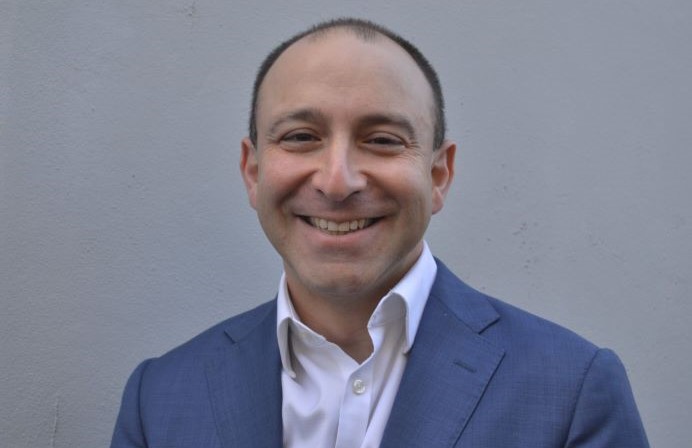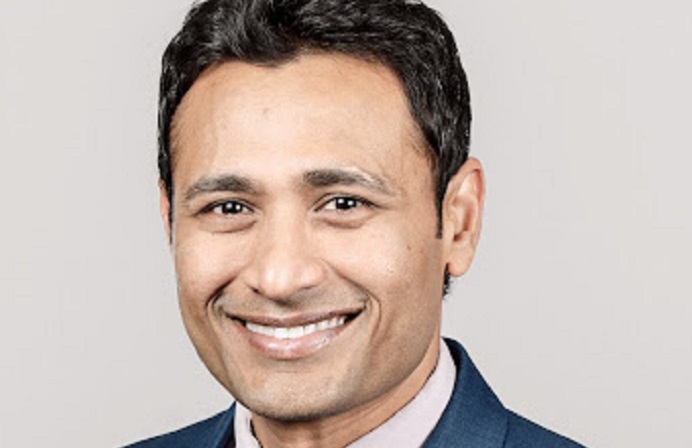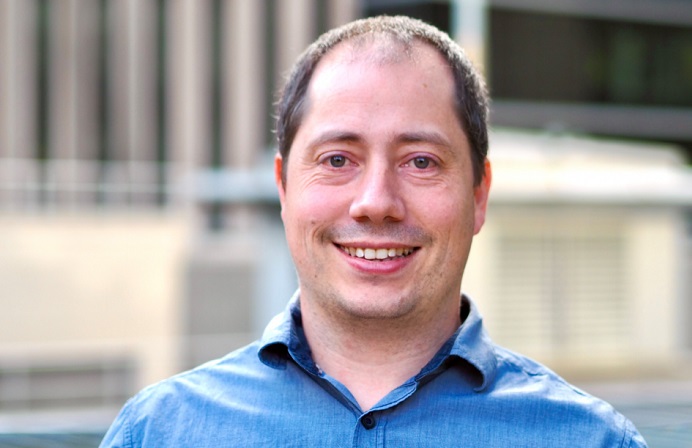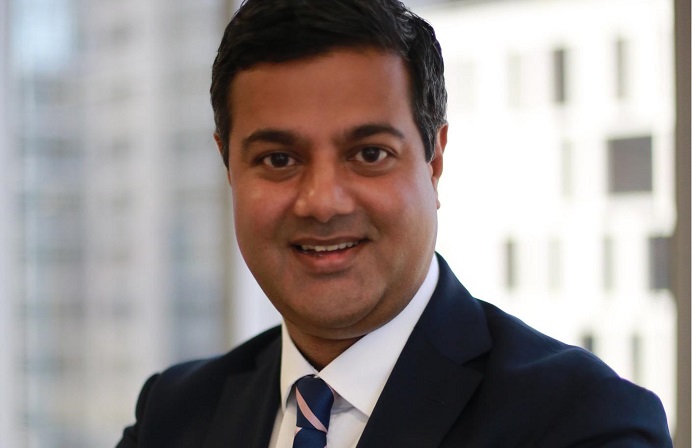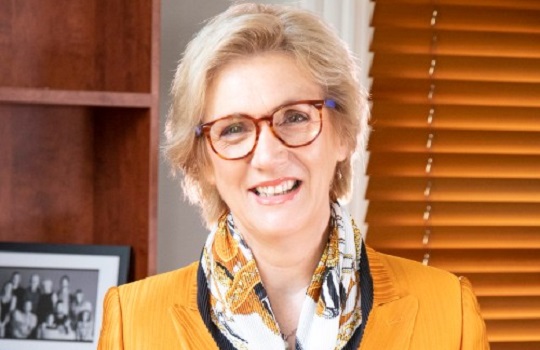
“One of the mantras we have been applying to our work for One VPS is “Culture eats strategy for breakfast”. I have seen countless examples across public and private organisations where change initiatives have failed because the focus has been placed solely on the technology, without a focus on the people who will need to use it.”
FST Government: One VPS is unique among the states, established as a dedicated team to foster and facilitate “cross-departmental mobility, collaboration and innovation” across Victoria’s public service.
What unique circumstances in Victoria inspired One VPS’s creation, and what initiatives will propel its whole-of-government reform agenda forward?
De Gois: We are currently in the formative stages of One VPS, with a focus on mapping activities and consulting across the service. At all stages, we are making sure that we gather feedback from as many people as possible to inform our roadmap for One VPS.
One VPS is about driving a workplace culture across the public service that encourages and enables mobility, collaboration, and innovation. It’s also about addressing the process and technology barriers so we can support this change.
The initiative will help the public service keep up with the constantly changing and more inter-connected world that our community, and our staff, find themselves in. With more connected technology and processes, we can be more agile and responsive to the needs and demands of government and our community.
One VPS is not starting from scratch. We are building on existing work and seeking opportunities to accelerate reforms already approved for whole-of-government, such as common IT systems. One VPS activities will produce best practice, common solutions for common needs. It will sponsor excellence by reforming foundations, like human resources. It will also create ‘Centres of Excellence’ to focus on improving the way we deal with high-volume, low-cost transactions, such as procurement, payroll, and accounts payable and receivable.
FST Government: One VPS very recently undertook a comprehensive survey of public service staff (concluded on 7 July), expected to further define the program’s strategic plan and future vision. What lessons are you hoping to take from this survey? Have findings so far uncovered any common ‘failure points’ that are hindering the path to greater cross-agency collaboration?
De Gois: Over the past few weeks, myself and the One VPS team have been busy running focus groups and consulting one-on-one across the public service. So far, we have delivered 15 focus groups across Melbourne CBD, Metro, and Regional Victoria, with more than 300 people attending. We have also received more than 1,300 responses to our survey.
Our survey and consultation are about making sure that we understand the needs right across the Victorian public service. This will ensure that our strategy is built from the ground up on a strong understanding of how people work right across all our services in the CBD, metropolitan, and regional areas.
It’s clear from the feedback that we’ve received to date that our colleagues are focused on working together to put the needs of the Victorian community first. We have also heard that staff can experience barriers in their day-to-day work that can be tackled through better alignment of our systems and processes.
The consultation has also helped bring to light some of the great work already happening across the public service and how this can be better aligned with the One VPS vision. Our role now is to bring these together into a whole-of-government approach that helps meet our shared outcome of creating a workforce culture that is not constrained by any one department or agency.
FST Government: Entrenched public service employees can, with good reason, be resistant to wholesale transformation efforts – more so, as automation and AI technologies are seen to challenge longstanding human-driven processes. How can public sector staff be encouraged to join a (digital) transformation journey and inspired to drive change initiatives?
De Gois: Resistance to change is not a concept unique to the public service. Having worked across public and private organisations, I know how difficult cultural and system change can be in any organisation. It is a process that takes time but needs support from the very top and through the leadership at all levels.
It has been heartening to see, throughout our consultation, the support that One VPS is receiving at all levels – from heads of departments and agencies to our front-line staff, who deliver services in Victorian communities.
While some of the One VPS projects are large and will take time, part of the change process is identifying quick wins and small changes in behaviour to help drive overall transformation. As we put together our roadmap for the project, the team is looking to identify those small but meaningful steps that will help us achieve the One VPS vision.
A part of the transformation journey is keeping people engaged throughout the process. At One VPS, we are currently mapping out an ongoing engagement strategy that includes ongoing consultations, Q&A sessions, and regular events and communication updates to continue to engage staff throughout the process.
FST Government: Free data exchange between agencies will be critical to harmonising government functions and delivering more tailored service offering for the public (or, increasingly, ‘customers’). However, too many agencies remain hindered by legacy technologies, siloed infrastructure, and legal constraints that restrict data flow. What can the government do to facilitate better information sharing between agencies and what practical benefits can the public sector reap from an open data sharing regime?
De Gois: There are some great examples of data-sharing throughout the public service. For example, the Family Violence Information Sharing and Child Information Sharing Reforms. These are great examples of how the Victorian Government is addressing historical legal, technological and infrastructure constraints, as well as workforce process and cultural change to put Victorian children and families first.
Similarly, Service Victoria and the Single Digital Presence are great examples of the use of digital technology to overcome department and agency boundaries. These initiatives recognise that people in our community who need government services should not be hindered by the machinations of the public service – placing their needs first.
I am also a supporter of the great work that has been done by DataVic in standardising and centralising open source datasets across government and the Victorian Centre for Data Insights, which has been formed with a focus to enable data sharing across the Victorian Government.
There are some great opportunities to further engage communities to use open source data. Members of the public can often identify connections in data that those in public or private practice might miss. Data sharing events, like hackathons, can be a great way to bring to light ideas that can help us make even better use of our data.
FST Government: While strategy is all well and good, as the aphorism goes: “Culture eats strategy for breakfast”. As a respected, tech-driven leader working extensively across both public and private sectors, what lessons can you offer to other digital government leaders to inspire innovative thinking, nurture a positive culture, and get the best out of their teams?
De Gois: One of the mantras we have been applying to our work for One VPS is “Culture eats strategy for breakfast”. I have seen countless examples across public and private organisations where change initiatives have failed because the focus has been placed solely on the technology, without a focus on the people who will need to use it.
A technological change needs to give equal weighting across three important areas: 1) the technology that is implemented, 2) the processes that support the technology, and 3) building the capacity of the people that use the technology. But at its core, we need to be driving a culture that supports and adapts to change.
I would urge digital government leaders to ensure that they are building their team’s capability and skillset in cultural change, not just their digital expertise, to support the successful implementation of their projects across the organisation. ⬤
————————————————————————–
Carolyn De Gois will be the opening keynote speaker at the FST Government Victoria conference on the 24 July, 2019. Don’t miss your chance to hear Carolyn speak on the unique vision and grand ambition of the One VPS team to harmonise service delivery across the Victorian Government. Places are strictly limited! Follow this link to secure your spot.

